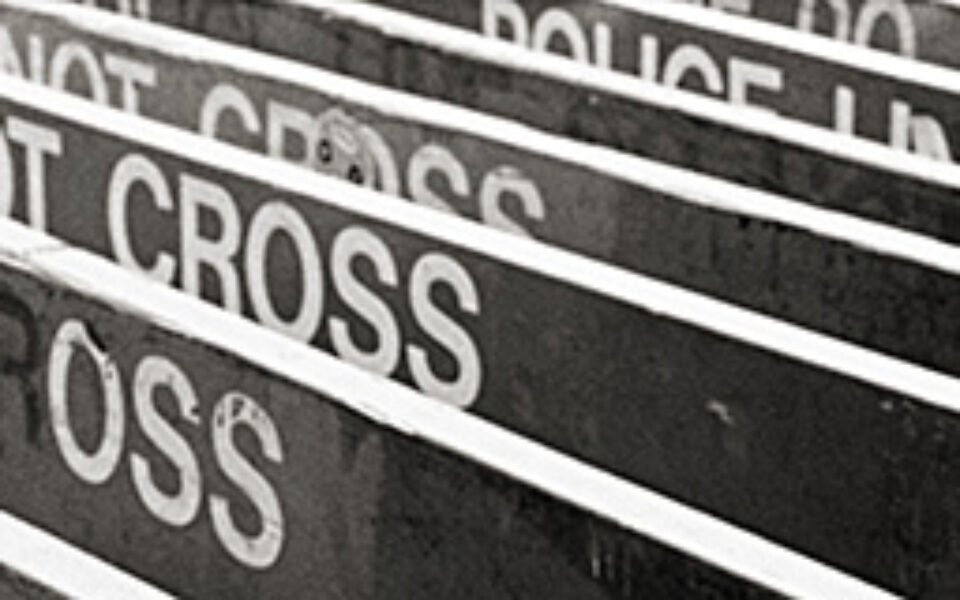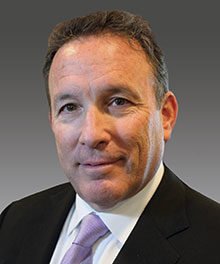The Need for Collective Calm

Peaceful or not, hundreds of people marching and demonstrating through the streets of New York (or anyplace else) can be unsettling, especially if you come face to face with it. That’s what Tracy and I came up against Tuesday night last week.
We went to see CABARET on Broadway (by the way, Alan Cummings is phenomenal) and then for a quick after theatre bite at one of the restaurants along Central Park South. By 10:30PM when we emerged, the streets were full of people demonstrating against the grand jury decision in the Ferguson, Mo. fatal shooting of Michael Brown, an 18-year-old black man, by Darren Wilson, 28, a white Ferguson police officer. The demonstrators in New York and around the country were protesting the grand jury’s decision not to bring charges against Officer Wilson in connection with Mr. Brown’s death. Officer Wilson has since resigned from the Ferguson police department.
Similar protests broke out Wednesday night this week in New York, after a grand jury sitting on Staten Island decided that no charges would be brought against Police Officer Daniel Pantaleo, whose chokehold contributed to the death of Eric Garner while Mr. Garner was resisting arrest last summer. As in the Brown case, officer Pantaleo is white and Mr. Garner was black. And although the protests were mostly peaceful, 78 people were arrested. The demonstrations continued last night, with more arrests.
In the Ferguson case, Mr. Brown and Officer Wilson were involved in a hand-to-hand fight for Officer Wilson’s gun immediately prior to the shooting. And in New York City, Mr. Garner was in the process of resisting arrest by no less than 5 police officers. Under what circumstances could either situation possibly end well for anyone?
Neither Mr. Brown nor Mr. Garner were choir boys, and in fact both had criminal records before their fateful encounters with officers Wilson and Pantaleo, respectively. But both of these deaths were tragic and unintentional. The victims were not targeted by the police for random acts of brutality. Had they cooperated, the outcomes surely would have been different.
So what are the demonstrators really protesting? Is this a racial issue? Are they out for justice? Or is this another example of people out for vengeance, incited by activists whose motives other than self-importance are dubious at best?
Real life is complicated. Sometimes victims have police records, and sometimes police officers exercise poor judgment or make mistakes. We need to be vigorous in defending our rights, but we also have to recognize who is a credible advocate and who is an opportunist, in order to avoid a needless public frenzy based on emotion rather than facts.
I know when we as accountants make mistakes (yes, they do happen from time to time, much to my chagrin), the worst case is that it costs someone some money. When a police scenario goes wrong, the stakes are much higher. It can cost someone their life, and as we unfortunately saw in Missouri and Staten Island, the results can be catastrophic.
I’d much rather be writing about the sad state of New York football this week.
